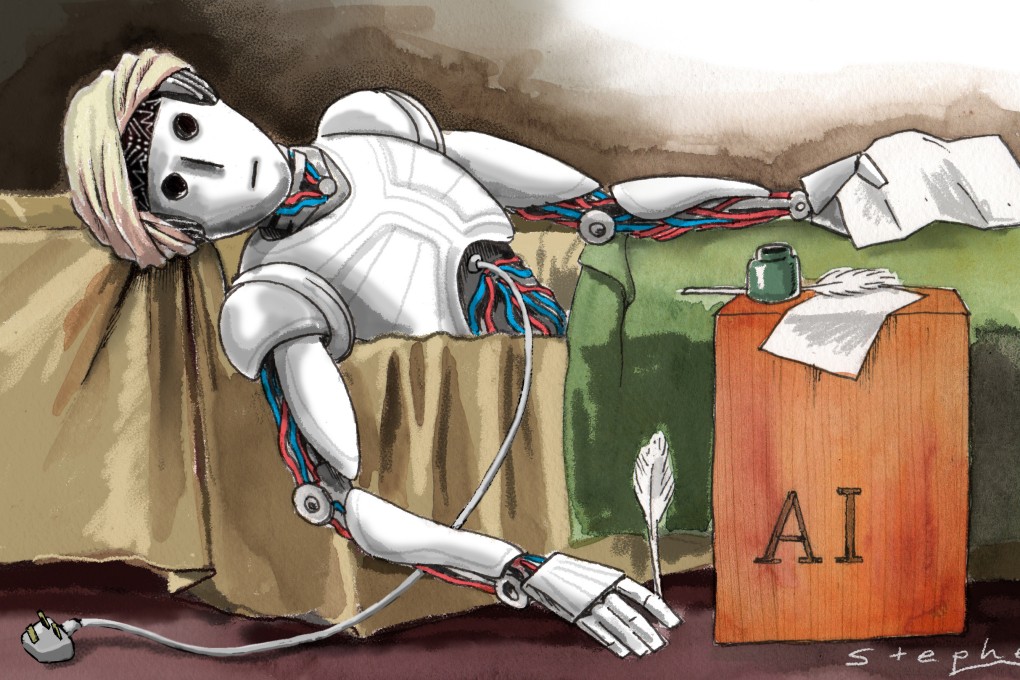Opinion | Letting ChatGPT into the classroom could open doors to preparing teachers and students for the future
- While there are valid concerns about the use of ChatGPT, it offers positive teaching and learning opportunities for both educators and students
- An AI-assisted writing classroom could have many different entry points to broaden student engagement and prepare them for a future that is already here

ChatGPT could have easily completed a similar 1,000-word reflection in under five minutes. It might have produced the same kind of message with the right prompt and meticulous clarifying questions I supplied.
Polytechnic University, my home university, recently completed the first of many ChatGPT webinars attended by more than 500 participants, demonstrating the tool and discussing a range of teaching and assessment implications. PolyU has an AI and Data Analytics secondary major for undergraduates in several of its departments, so we are expected to be positioned to understand ChatGPT as much as possible and to be prepared.
Writing for The Atlantic, Stephen Marche argued that the undergraduate essay “has been the centre of humanistic pedagogy for generations. It is the way we teach children how to research, think and write. That entire tradition is about to be disrupted from the ground up”.
